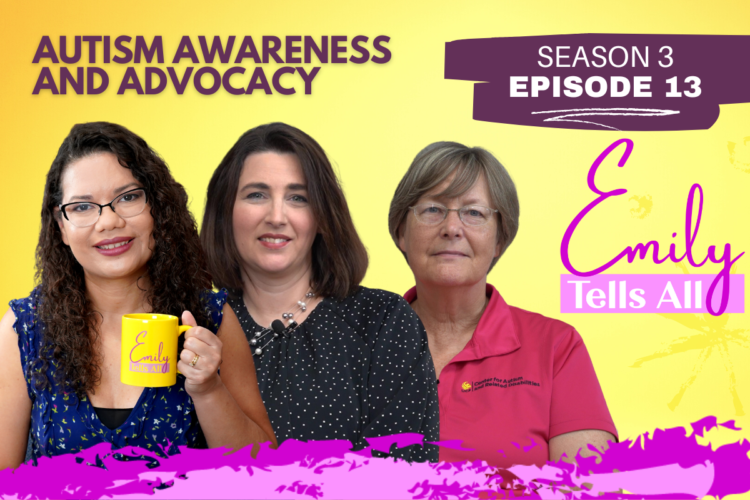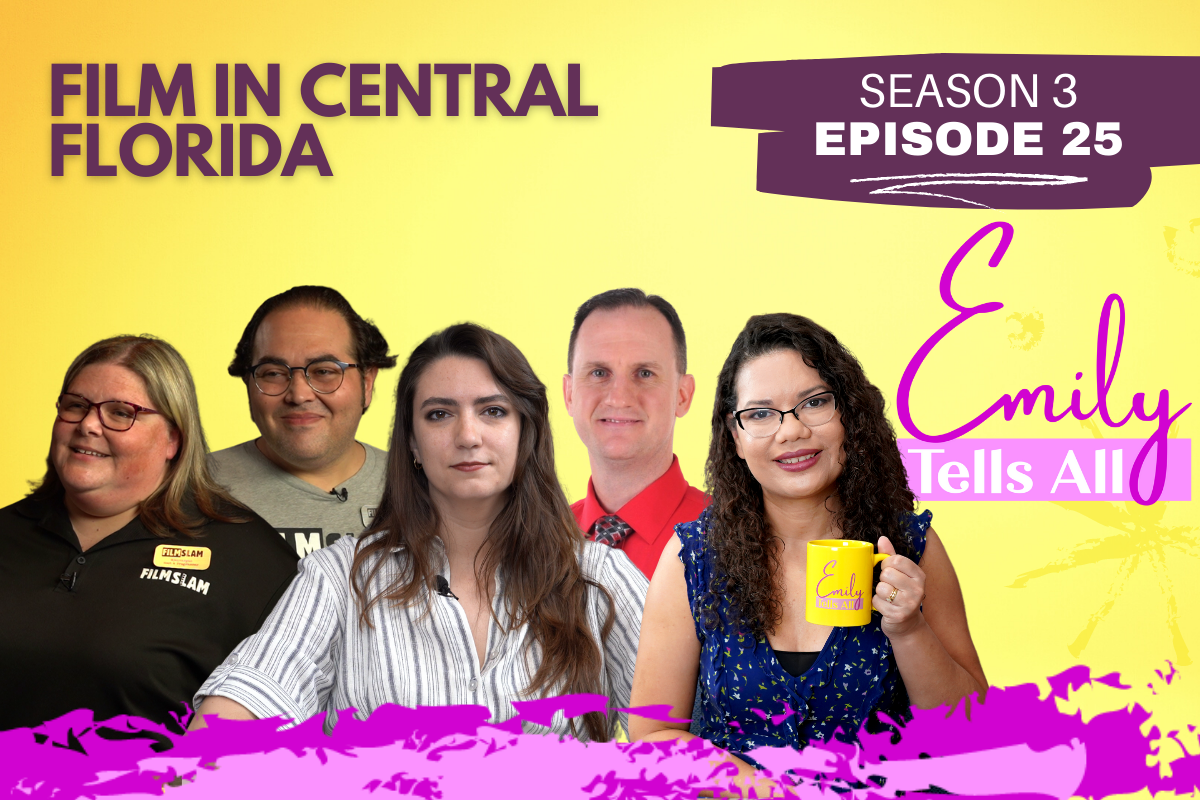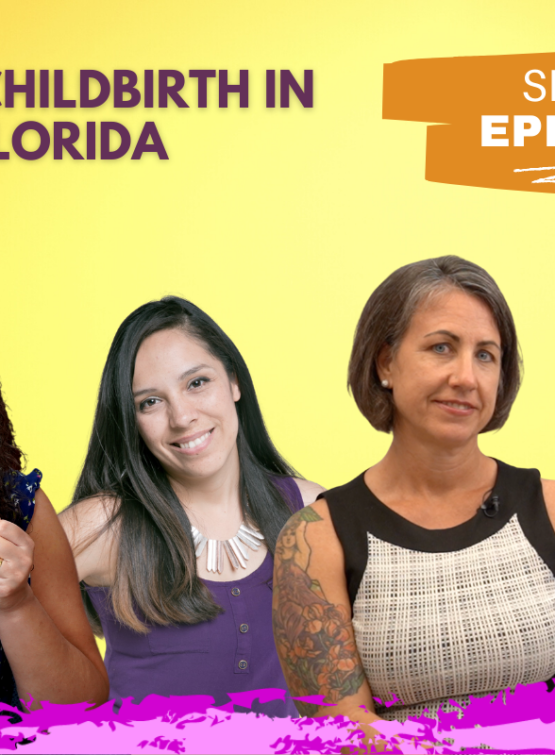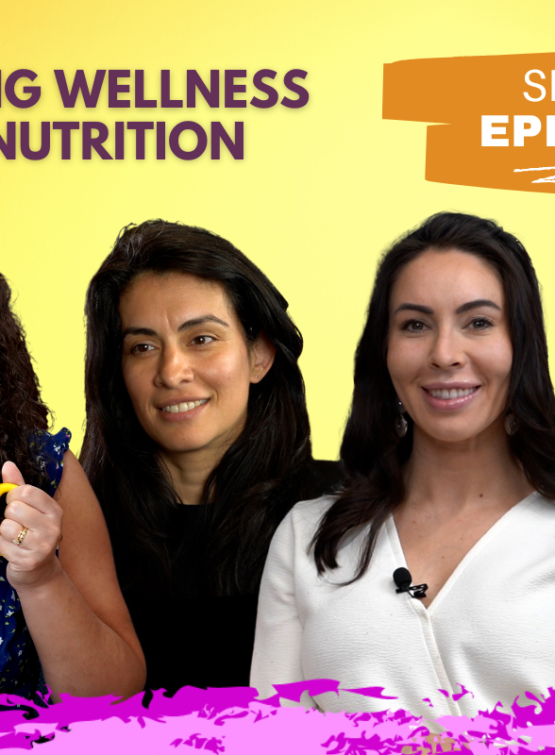AIR DATE MARCH 30, 2023
Title: Autism Awareness & Advocacy
Emily learns about resources available for children with autism and their families. Find out how we can all work toward a safer and more supportive community.
Guests
UCF-CARD, Director – Terri Daly
Abilities Workshop, Founder & CEO – Jeanetta Bryant
Focusing on Abilities and Positive Outcomes Changes Our Perspective on Autism
Approximately 1 in 36 children across the United States receive an Autism Spectrum Disorder (ASD) diagnosis. Those numbers are similar in most communities, including Orange County.
Although it can be scary to think about having a child receive this diagnosis as a parent, it can be exciting because so many resources are available today.
I recently spoke with Jeanetta Bryant, Founder and Executive Director of Abilities Workshop Inc. This Orlando-based nonprofit focuses on family empowerment. “It is an organic organization,” Bryant told me. “It was built 1000% from a need.”
When Bryant’s daughter was diagnosed formally at age three, she was given a “whole long list of nevers.” That wasn’t an acceptable answer, which led to the creation of the Abilities Workshop.
“They always say if you know one child with autism, you know one child with autism, but they put the same limits on so many of these kids, especially if they see some of the same red flags,” said Bryant. “If we are so quick to buy into what somebody says they can’t do, then we’ll never know what they can. And we need to try to find that.”
Families Thrive When Community Advocates Are Available
Terri Daly is the Director of UCF-CARD (Center for Autism-Related Disabilities). Her team supports nearly 20,000 families across Central Florida, providing consultative support for adults and children to ensure they lead fulfilling and inclusive lives.
Everything that UCF-CARD offers is provided for free to families. “Everything that we provide is funded by the state through the legislature. The general revenue funds are used to support CARD. So, the services that we offer to families and to the schools and others are all available for free to them.”
One of UCF-CARD’s partners is PALS (Providing Autism Links and Supports). This nonprofit expands what is available to access in the community. “One of the things that PALS helped us to develop was summer camp programs for children with autism who couldn’t easily fit into a different kind of wilder and more run on your own [experience],” said Daly.
Daly’s team doesn’t directly assess or diagnose at the center, but they refer people for evaluation.
What to Do If You Think Your Child Displays Autism Symptoms
The waitlists for receiving a formal autism spectrum diagnosis for young children can be 24 to 36 months. They’re often 9 to 12 months in Central Florida. That time is how long it takes to get your initial appointment. Taking proactive steps as early as possible is essential for positive outcomes.
Young children experience more neuroplasticity than adults, which means early interventions can potentially lessen symptoms and improve long-term outcomes.
“If they’re young, go to Early Steps,” Bryant said. “It doesn’t cost anything. The state will pay for it if insurance doesn’t pick it up, and that’s from infancy up to age three.”
ASD affects people in different ways, and symptoms can vary widely. Common early signs in young children include a lack of social interaction, repetitive behaviors, and delayed speech or language skills.
Children could have challenges with changing activities or leaving a familiar environment. Sensory sensitivities to specific sounds, textures, or smells are also possible.
“There are a lot of people with ASD who have unique skills, who are just wonderful people,” Daly told me. “They are more and more seeking employment and post-secondary education to expand their opportunities.”
Daly describes a diagnosis as a “gut punch,” but that isn’t the end of the story. It’s just the beginning. Numerous complementary resources are available to access, and connections are everywhere. “They’re people who are in your faith congregation. They’re people in your clubs and in your neighborhood associations.”
Bryant encourages everyone “to breathe” when they hear the “nevers” come their way after a formal diagnosis. “Society is doing so much better today of wanting to support our kids.”
More information about these organizations is available at AbilitiesWorkshop.com or UCF-Card.org.



